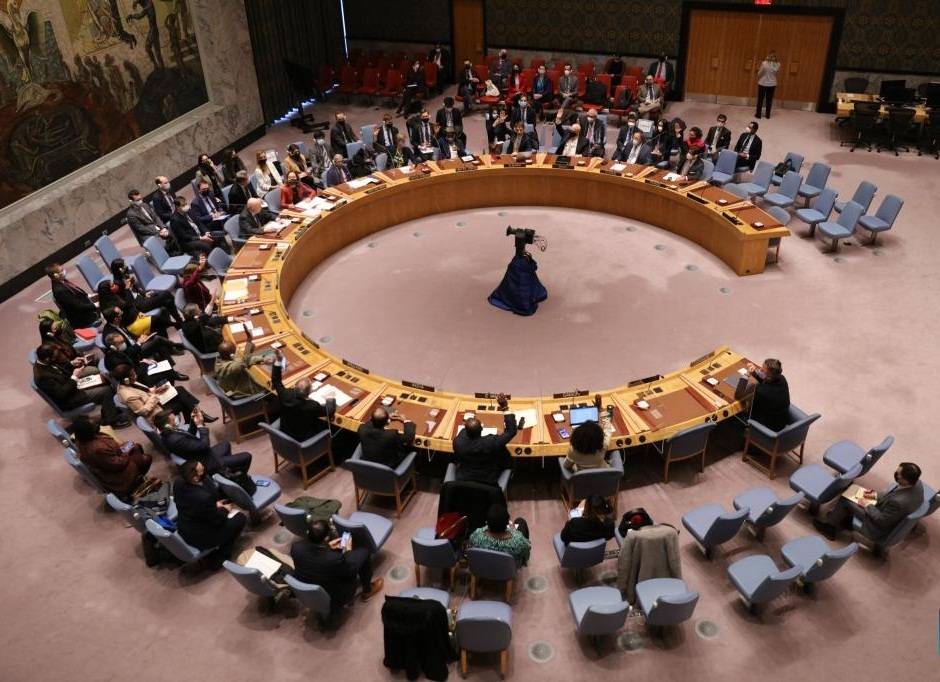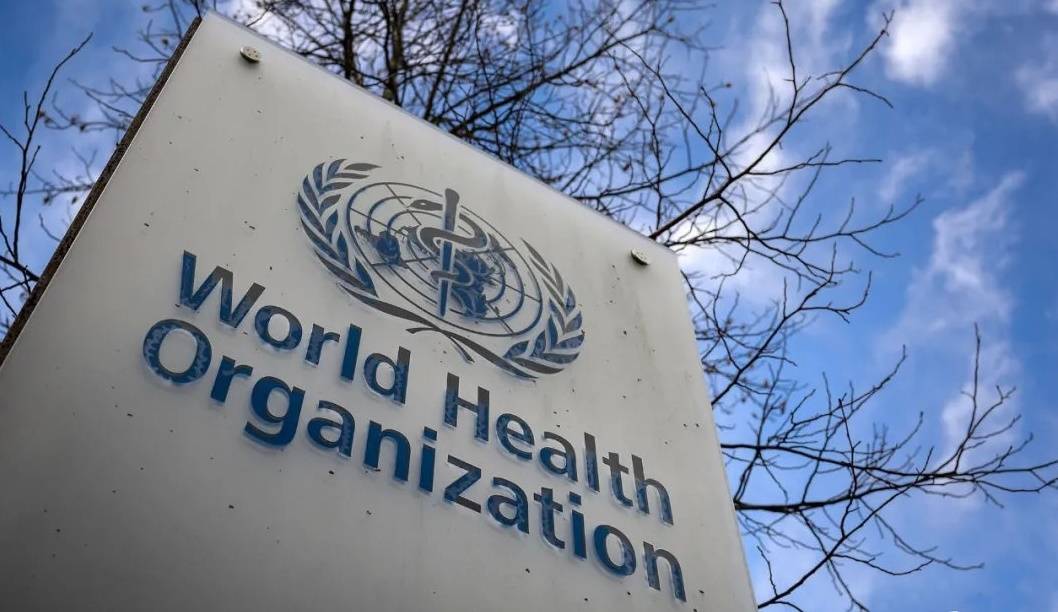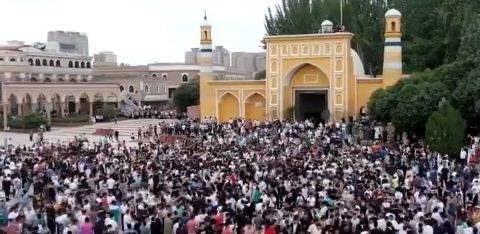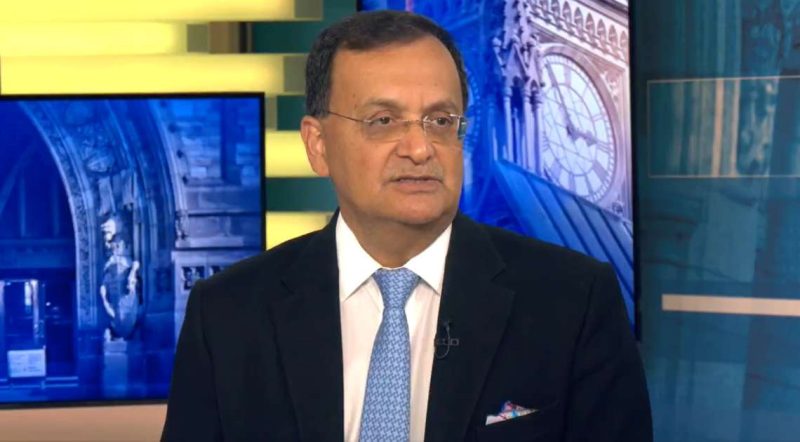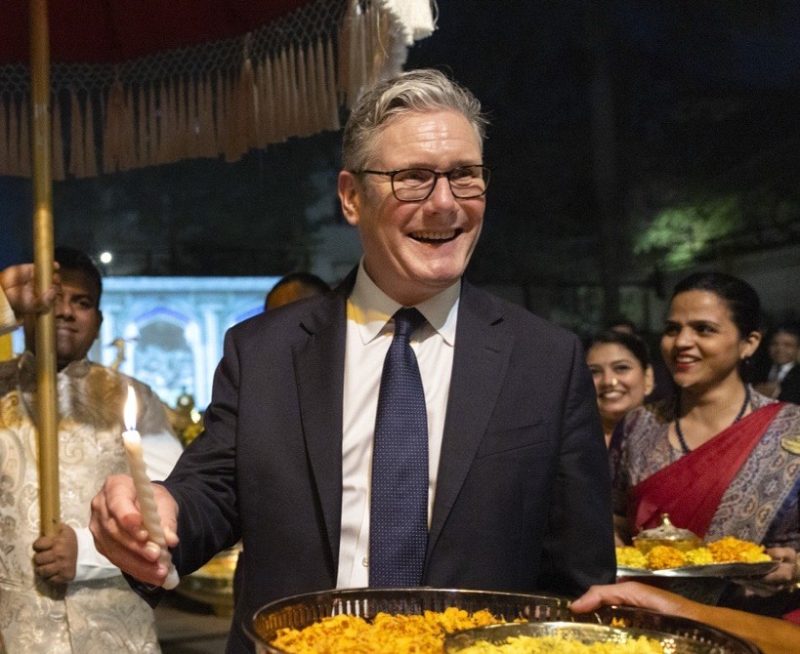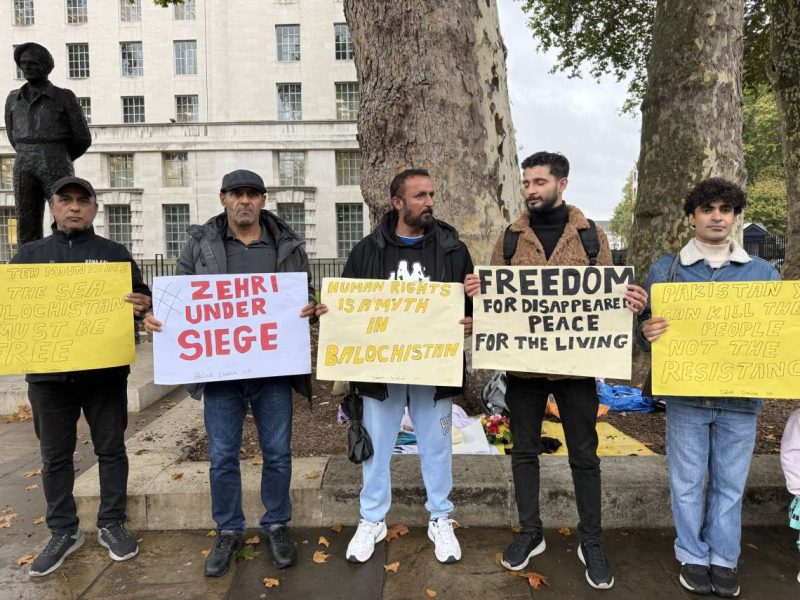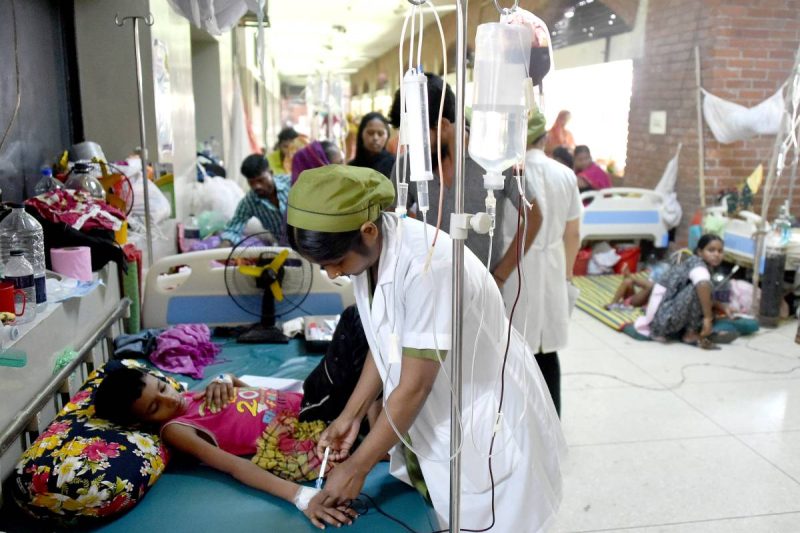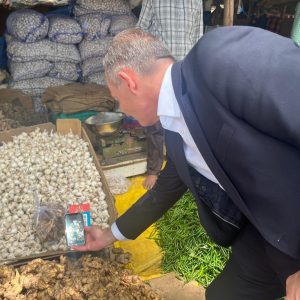The reform process, which is based on consensus, has been blocked mainly by a group of 13 countries known as Uniting for Consensus (UfC), which is led by Italy and includes Pakistan and Canada….reports Arul Louis
The General Assembly has yet again pushed the negotiations for Security Council reforms to the next session and India has raised the possibility of looking at alternatives to the deadlocked process.
The Assembly unanimously decided on Tuesday to continue in the session that begins in September the process known as the Intergovernmental Negotiations (IGN) that began in 2009 but has been stymied by a vocal group of countries opposed primarily to adding permanent members to the Council,
Because of the impasse, India’s Charge d’Affaires R. Ravindra said, “For those of us who truly wish to fulfil our leaders’ commitment to early and comprehensive Security Council reforms, looking beyond the IGN may now provide the only viable pathway”.
The IGN in its current form without following the Assembly rules or keeping an official record of proceedings or a negotiating document “could well go on for yet another 75 years without any progress whatsoever in the direction of genuine reform”, he said.
“We see this technical roll-over decision as yet another wasted opportunity to instil a breath of life into a process that has shown no signs of life or growth in over four decades”, he added.
Assembly President Abdulla Shahid cautioned that the IGN process could turn into a “Sisyphean exercise” and said, “We can dither and delay any dialogue because of our differences, or we can seize the moment in time, bridge our differences, and reach towards a common goal that is long, long overdue”.
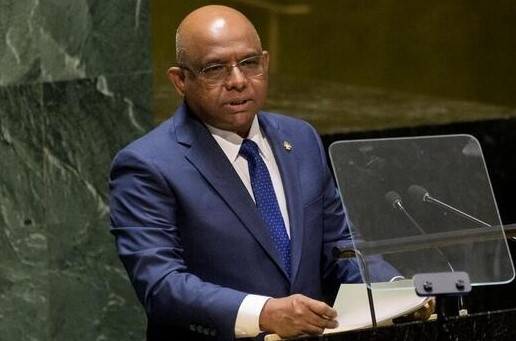
“Global developments have made it imperative that we deliver a United Nations, including a Security Council, that is fit for purpose, is representative and is able to deliver for those we serve”, he added.
He noted that the last reform of the Council had been 57 years ago when it added four non-permanent members, bringing their number to ten.
At that time the UN membership was 113 and although it has increased now to 193, “the Security Council membership is frozen at 15, with no permanent representation for the entire African continent” Shahid said.
The strongest push for reforms has come from African and Arab states.
Equatorial Guinea’s Permanent Representative Anatolio Ndong Mba said the “just and legitimate aspirations of our continent” have been ignored and the region should get two additional permanent seats with “all the privileges and prerogatives” and two non-permanent seats as unanimously demanded by the African nations.
Kuwait’s delegate reiterated the Arab nation’s demand for “fair representation” with a permanent seat.
The reform process, which is based on consensus, has been blocked mainly by a group of 13 countries known as Uniting for Consensus (UfC), which is led by Italy and includes Pakistan and Canada.
Its members are motivated by the desire to prevent their regional rivals from getting permanent seats and their primary tactic has been to prevent the adoption of a negotiating text which would allow the negotiations to proceed.
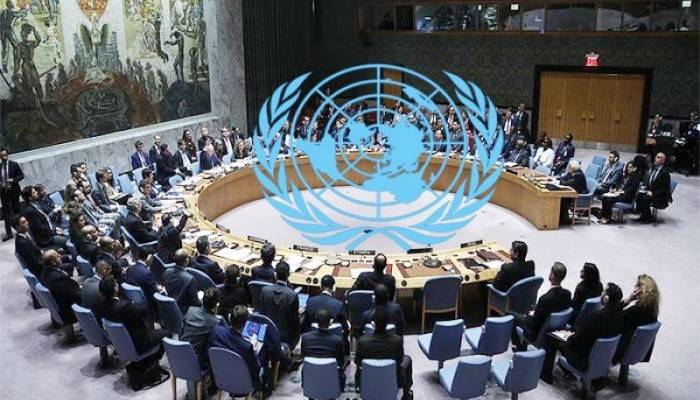
To ameliorate this problem, IGN Co-Chairs, Permanent Representatives Alya Ahmed Saif Al-Thani of Qatar and Martin Bille Hermann of Denmark, produced a revised version of what is known as “Elements Paper on Convergences and Divergences” outlining views on Council reforms to break the endless cycle of repetitive discussions.
Ravindra conceded that the co-chairs’ innovative approach “has resulted in some improvements in the Elements Paper compared to last year, including a greater number of convergences, and some additional attributions”.
The document lists 11 points of convergence that include ensuring the Council is “broadly representative, efficient and transparent”; increasing the representation of developing countries of various categories, and redressing by increasing their membership “the historical injustice done to African countries”.
Its four points of divergence include the duration of Council membership, regional representation and categories of memberships; having a negotiating text; webcasting the IGN meetings now held out of public sight, and adopting the Assembly rules of procedure.


